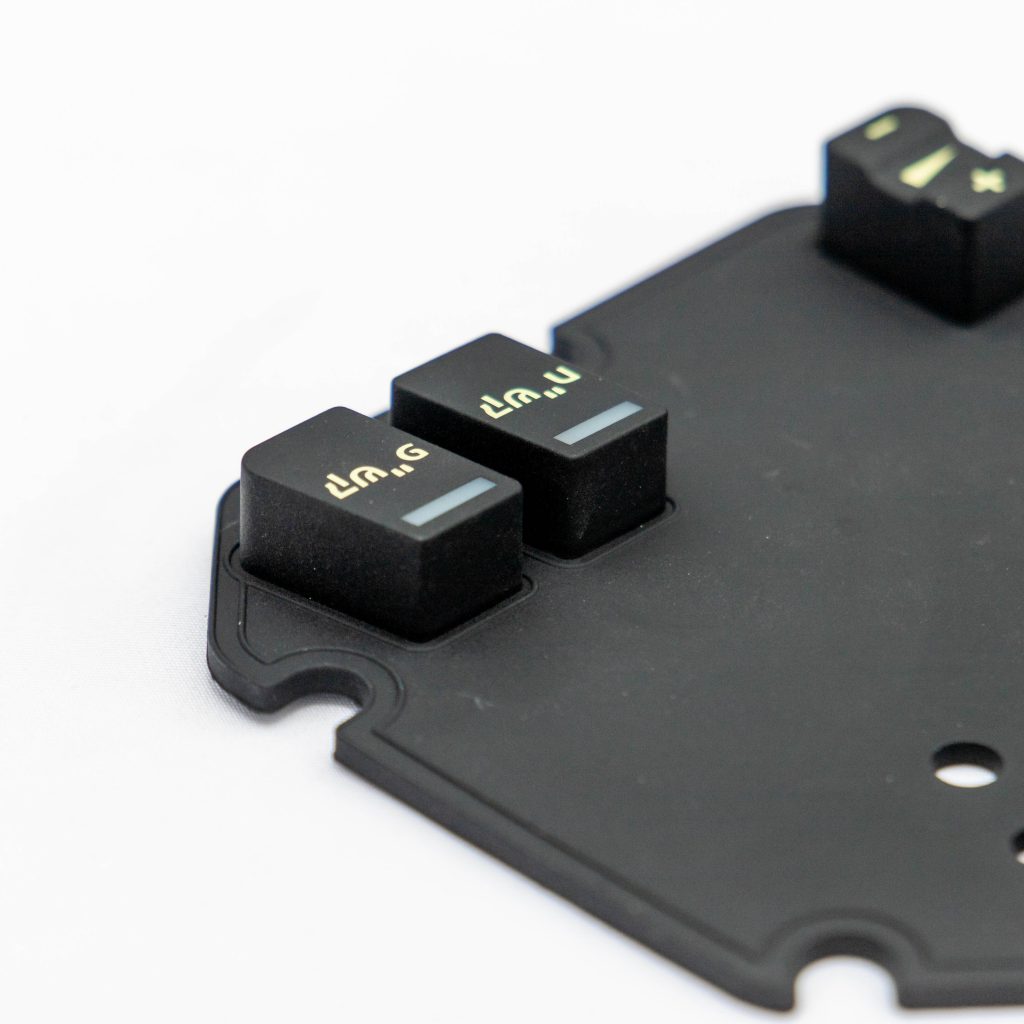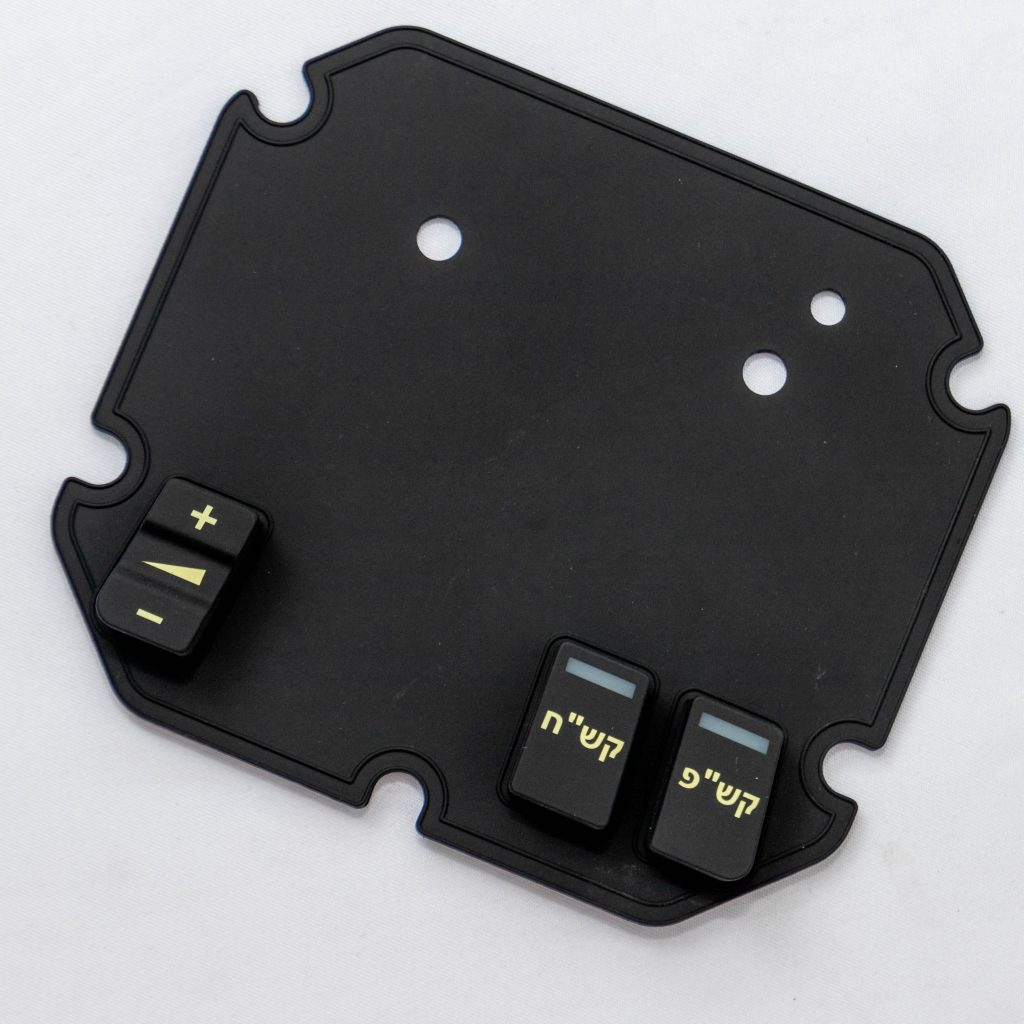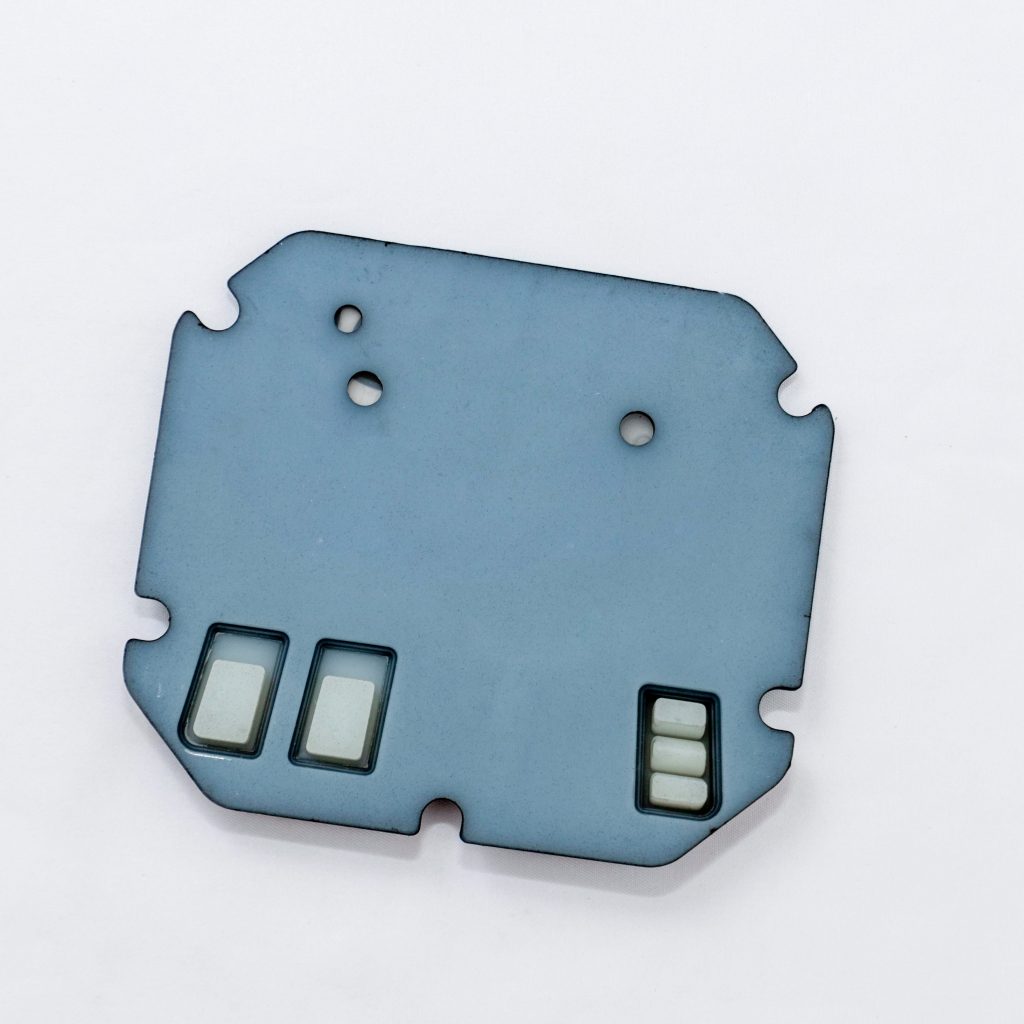Contact
Write to Us And We Would Be Happy to Advise You.
Do you have any questions, or would you like to speak directly with a representative?
By hqt
Silicone rubber keypads are a popular interface solution for a wide range of electronic devices. They are made from silicone rubber, a highly durable and flexible material that can withstand a range of environmental conditions. In this article, we will discuss the usual use temperature, humidity, and high use environment of silicone rubber keypads in detail.



Silicone rubber keypads are a popular choice for electronic device interfaces due to their durability and flexibility. These keypads are made from silicone rubber, which is a synthetic elastomer with a unique combination of physical and chemical properties. Silicone rubber is highly resistant to heat, cold, and chemicals, making it an ideal material for use in harsh environments.
A silicone rubber keypad is a type of keypad that is made from silicone rubber. These keypads are commonly used in a variety of electronic devices, such as remote controls, medical equipment, and industrial machinery. They are designed to provide a tactile response when a button is pressed, and they can be customized with a range of graphics and text.
Silicone rubber keypads are designed to operate within a specific temperature range. The usual use temperature of silicone rubber keypads ranges from -40°C to 85°C. This temperature range is sufficient for most electronic devices, as it covers both hot and cold environments. However, in some extreme environments, such as high-temperature industrial applications or very cold environments, special silicone formulations may be required.
In addition to temperature, silicone rubber keypads are also resistant to humidity. Silicone rubber is a hydrophobic material, which means that it repels water. This property makes silicone rubber keypads resistant to water damage and other forms of moisture. They can operate in environments with up to 100% relative humidity without experiencing any adverse effects.
Silicone rubber keypads are also designed to withstand high use environments. They can withstand millions of actuations without experiencing any degradation in performance. This makes them ideal for use in applications that require frequent use, such as remote controls and industrial machinery.
Silicone rubber keypads are also highly resistant to chemicals. They can withstand exposure to a wide range of chemicals, including solvents, acids, and bases. This property makes them ideal for use in applications that require exposure to harsh chemicals, such as medical equipment and laboratory instruments.
Silicone rubber keypads offer a range of advantages over other types of keypads. These include:
While silicone rubber keypads offer a range of advantages, they also have some disadvantages. These include:
Q: Can silicone rubber keypads be used in outdoor environments?
A: Yes, silicone rubber keypads can be used in outdoor environments as they are resistant to a range of environmental conditions, including temperature, humidity, and chemicals.
Q: Are silicone rubber keypads waterproof?
A: While silicone rubber keypads are resistant to water and other forms of moisture, they are not completely waterproof. In applications where waterproofing is critical, additional measures may need to be taken, such as adding a gasket or seal.
Q: Can silicone rubber keypads be backlit?
A: Yes, silicone rubber keypads can be backlit with LED or EL lighting, which can enhance their visibility in low light environments.
Q: What is the lifespan of a silicone rubber keypad?
A: The lifespan of a silicone rubber keypad depends on a range of factors, including the frequency of use and environmental conditions. However, silicone rubber keypads can typically withstand millions of actuations without experiencing any degradation in performance.
Q: Can silicone rubber keypads be customized with different colors and graphics?
A: Yes, silicone rubber keypads can be customized with a range of colors, shapes, and graphics to meet specific design requirements.
Silicone rubber keypads are a popular interface solution for a wide range of electronic devices. They offer a range of advantages, including durability, flexibility, and resistance to environmental conditions. However, they also have some disadvantages, such as cost and design limitations. By understanding the usual use temperature, humidity, and high use environment of silicone rubber keypads, you can make informed decisions about their use in your electronic devices.
Do you have any questions, or would you like to speak directly with a representative?